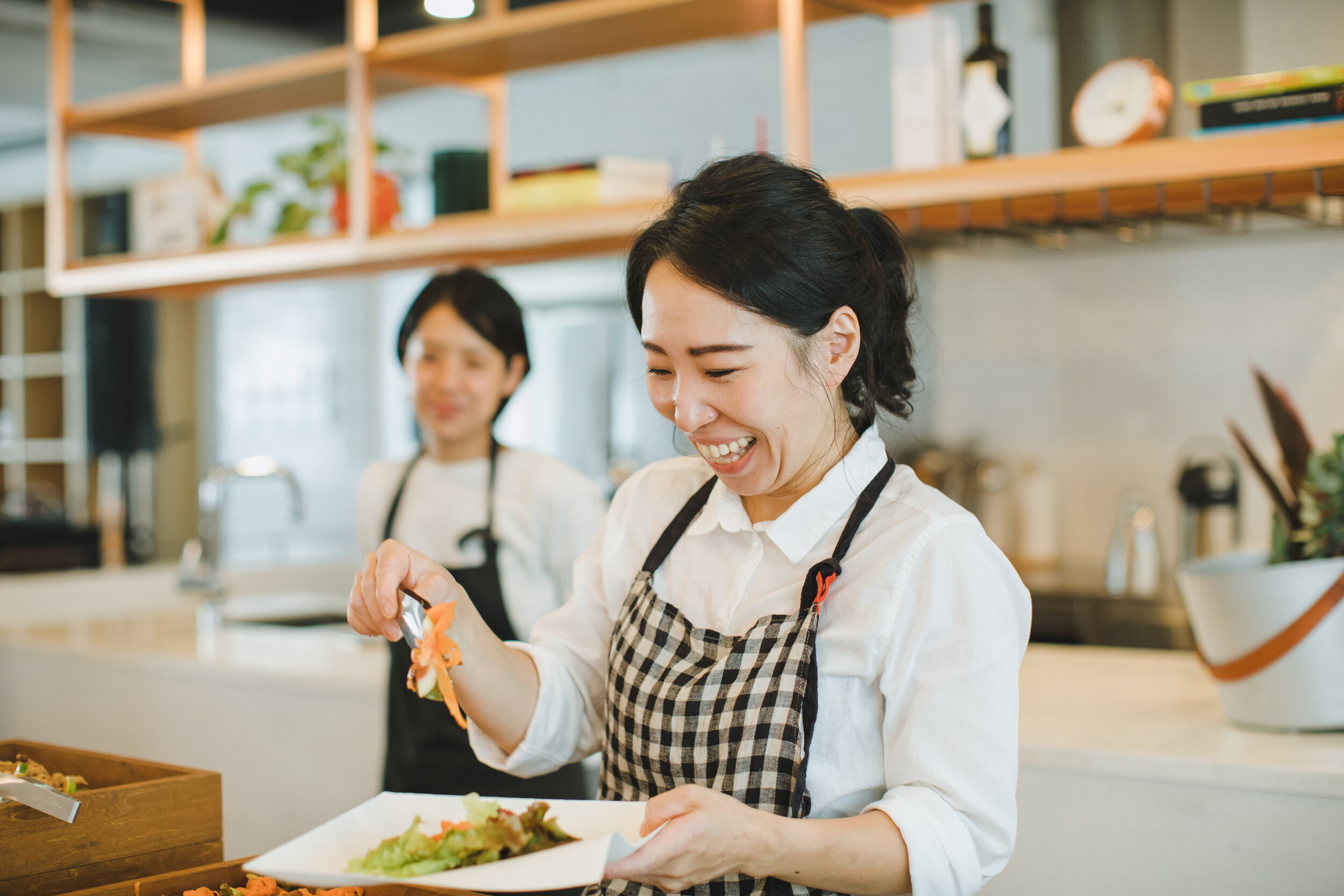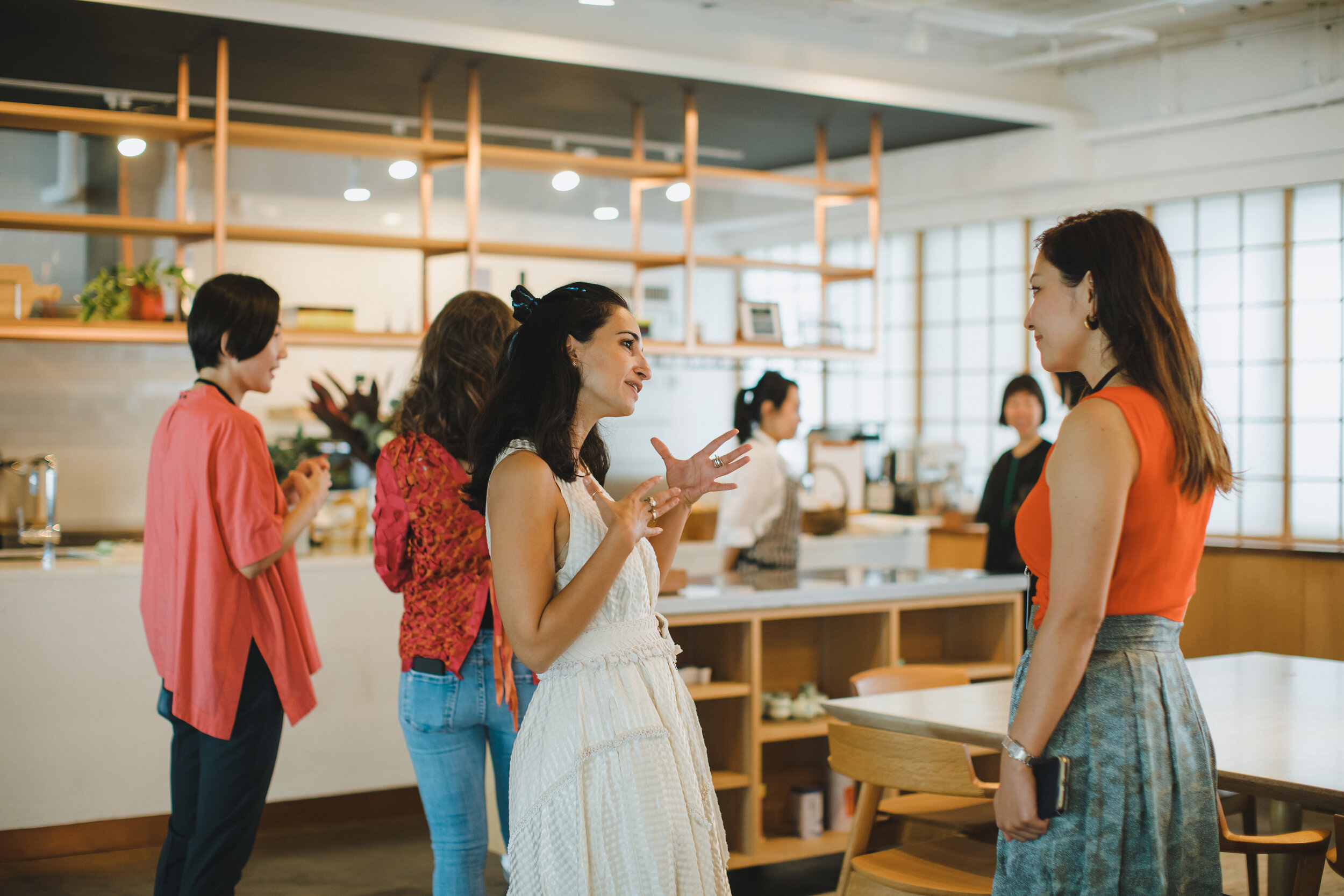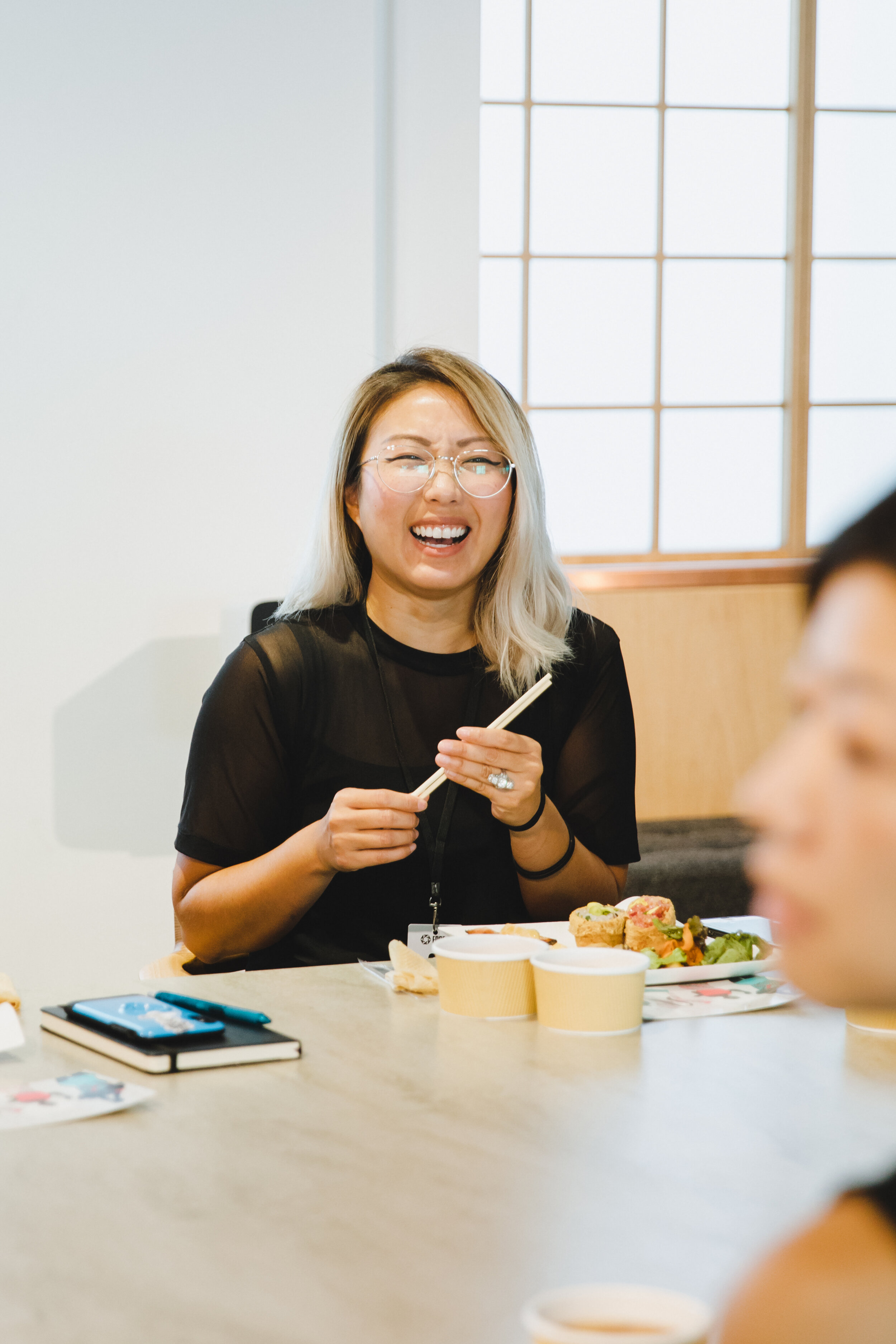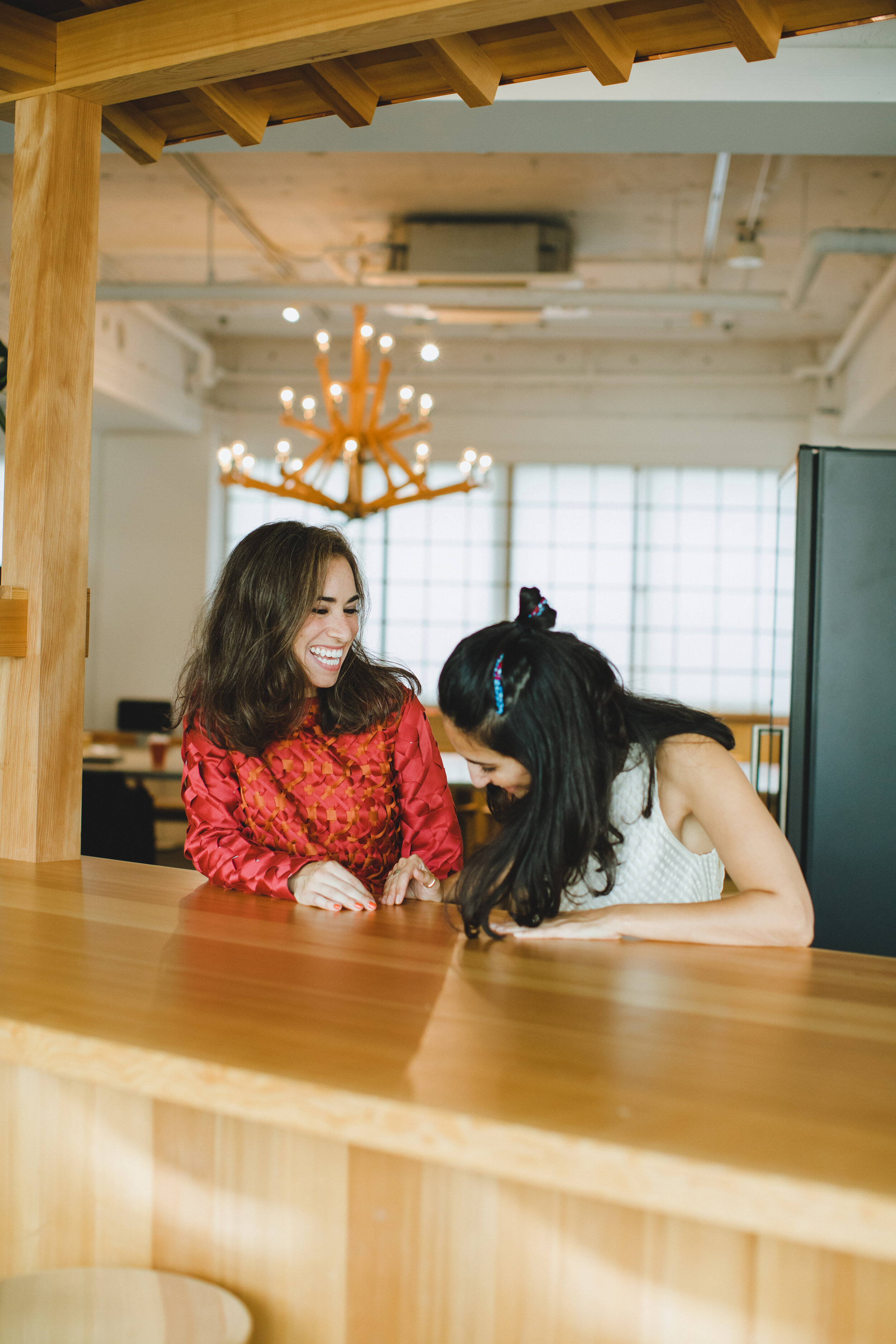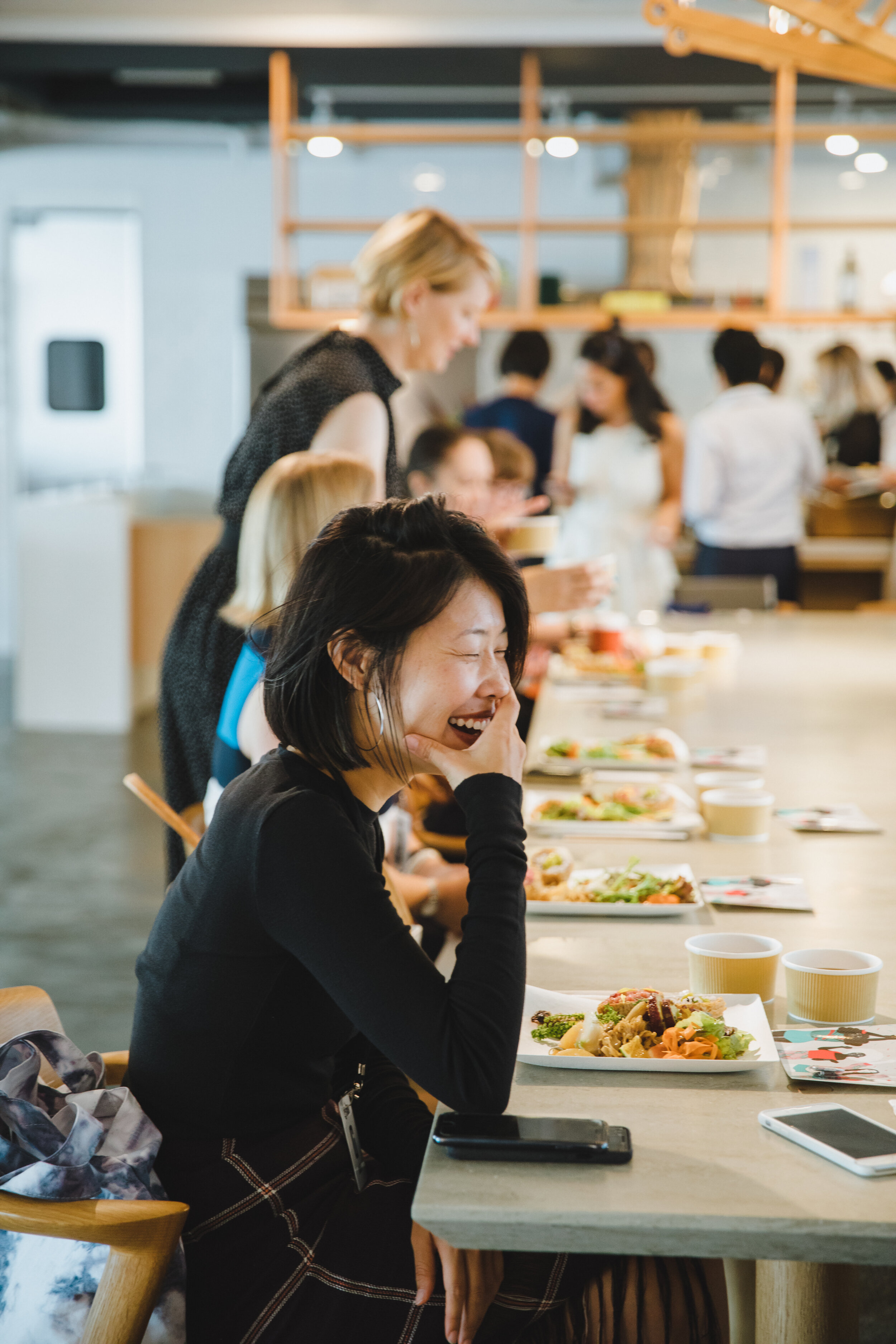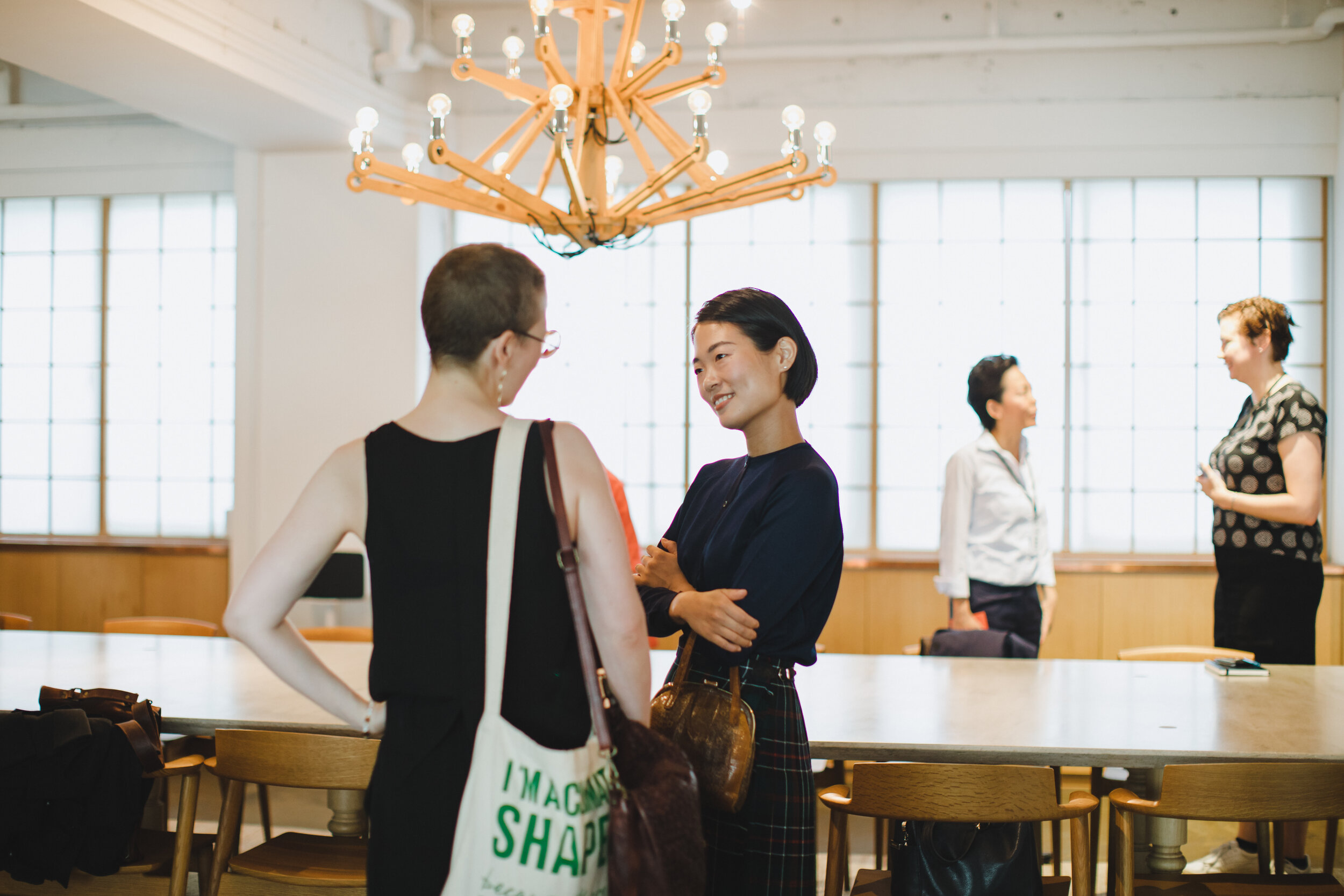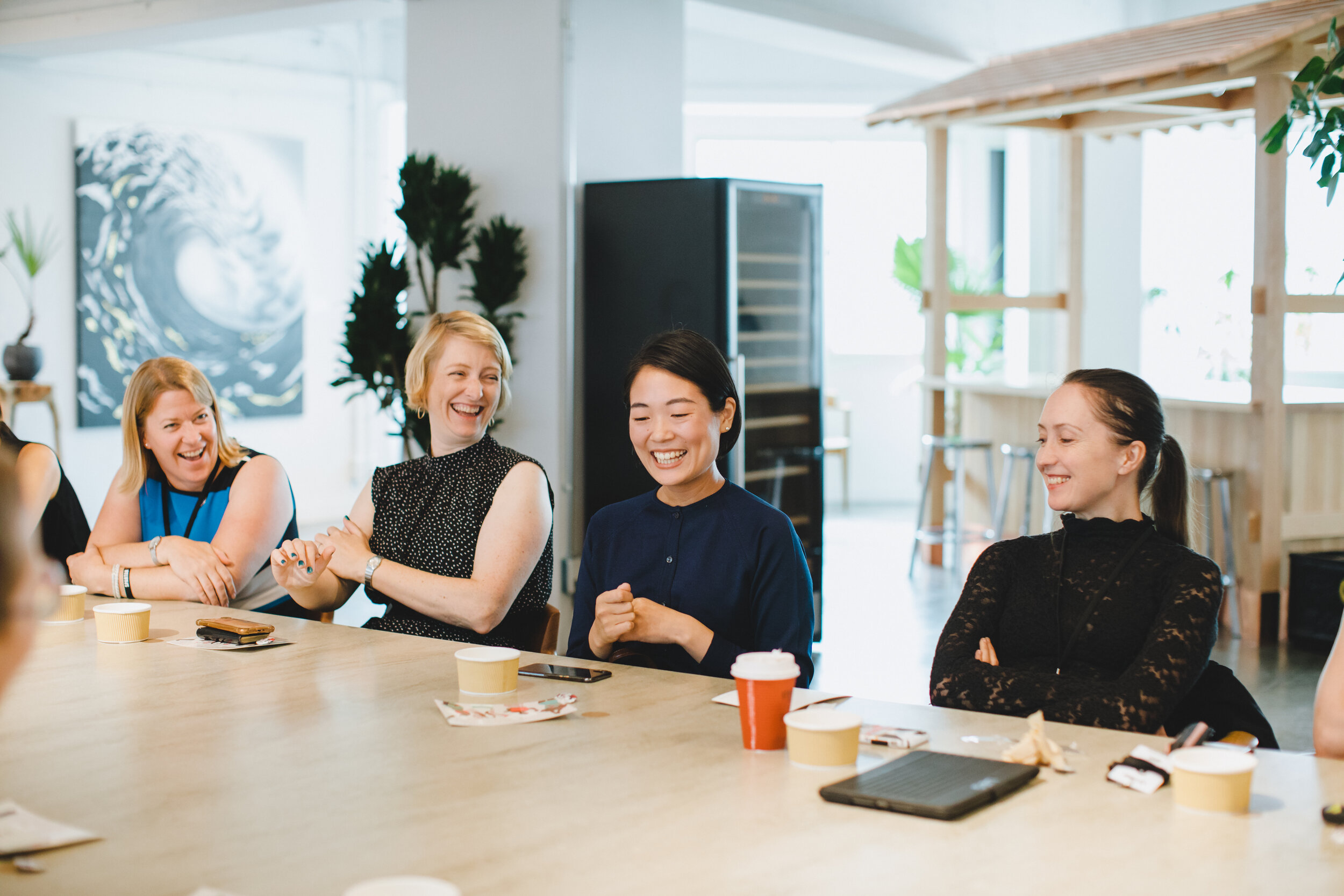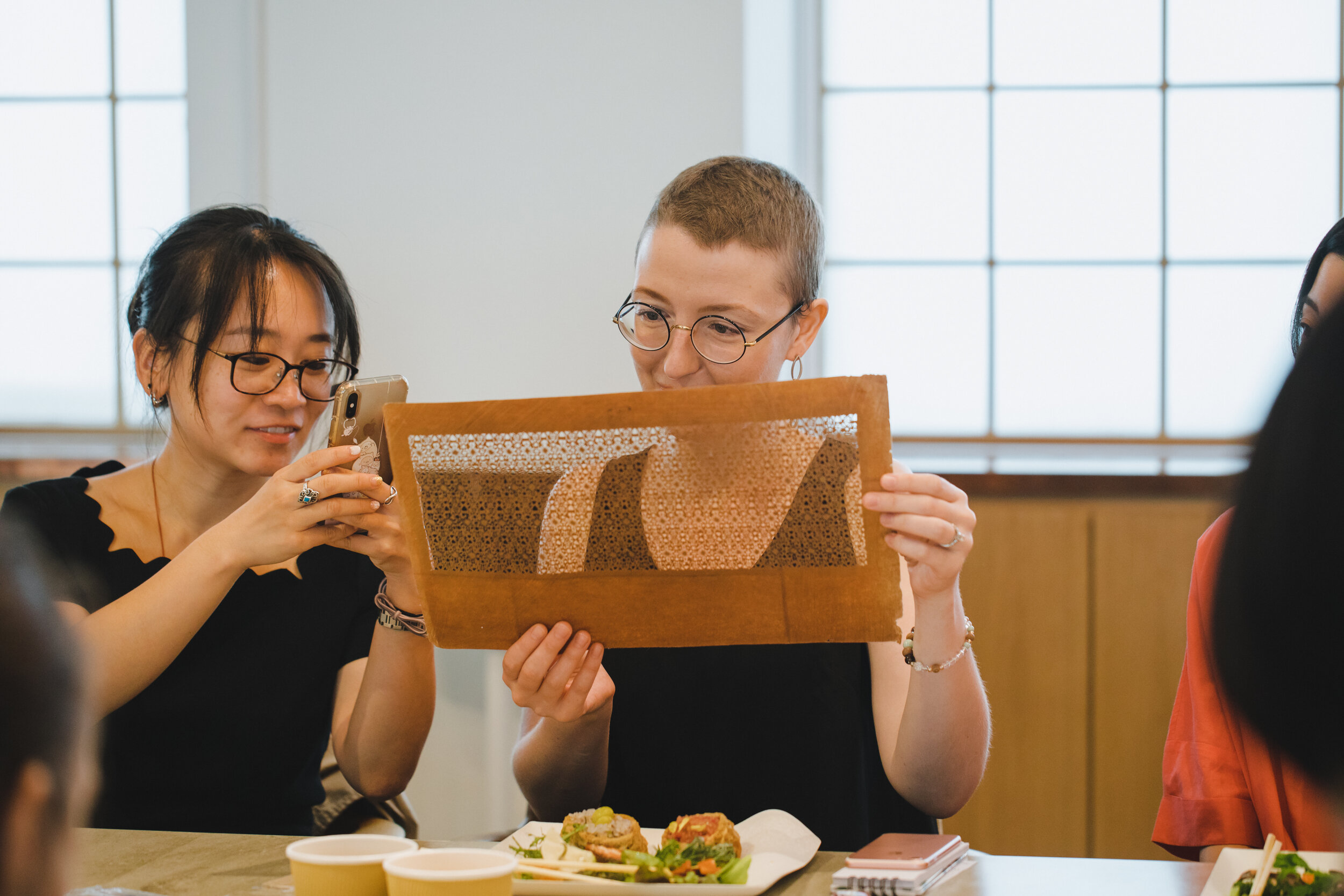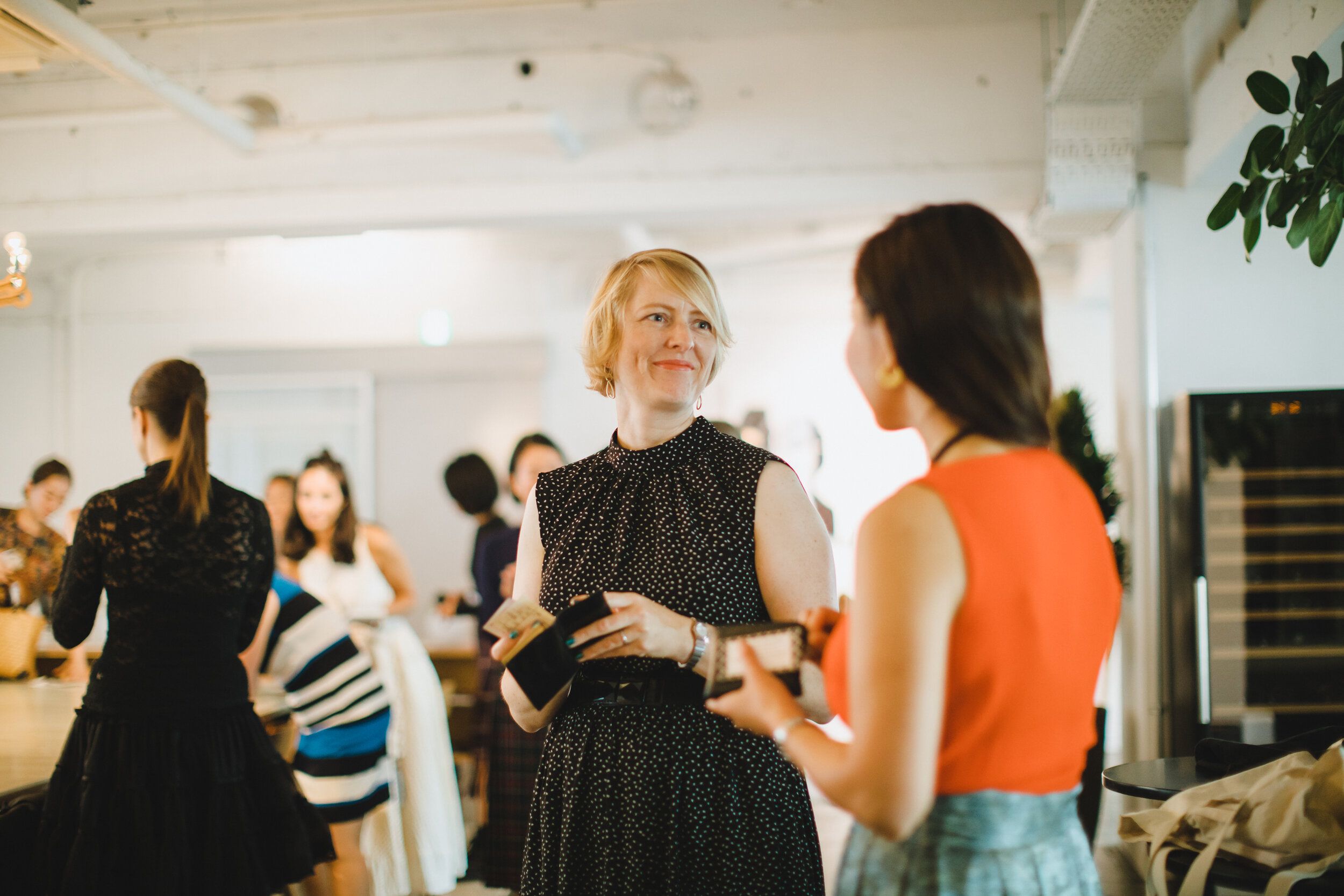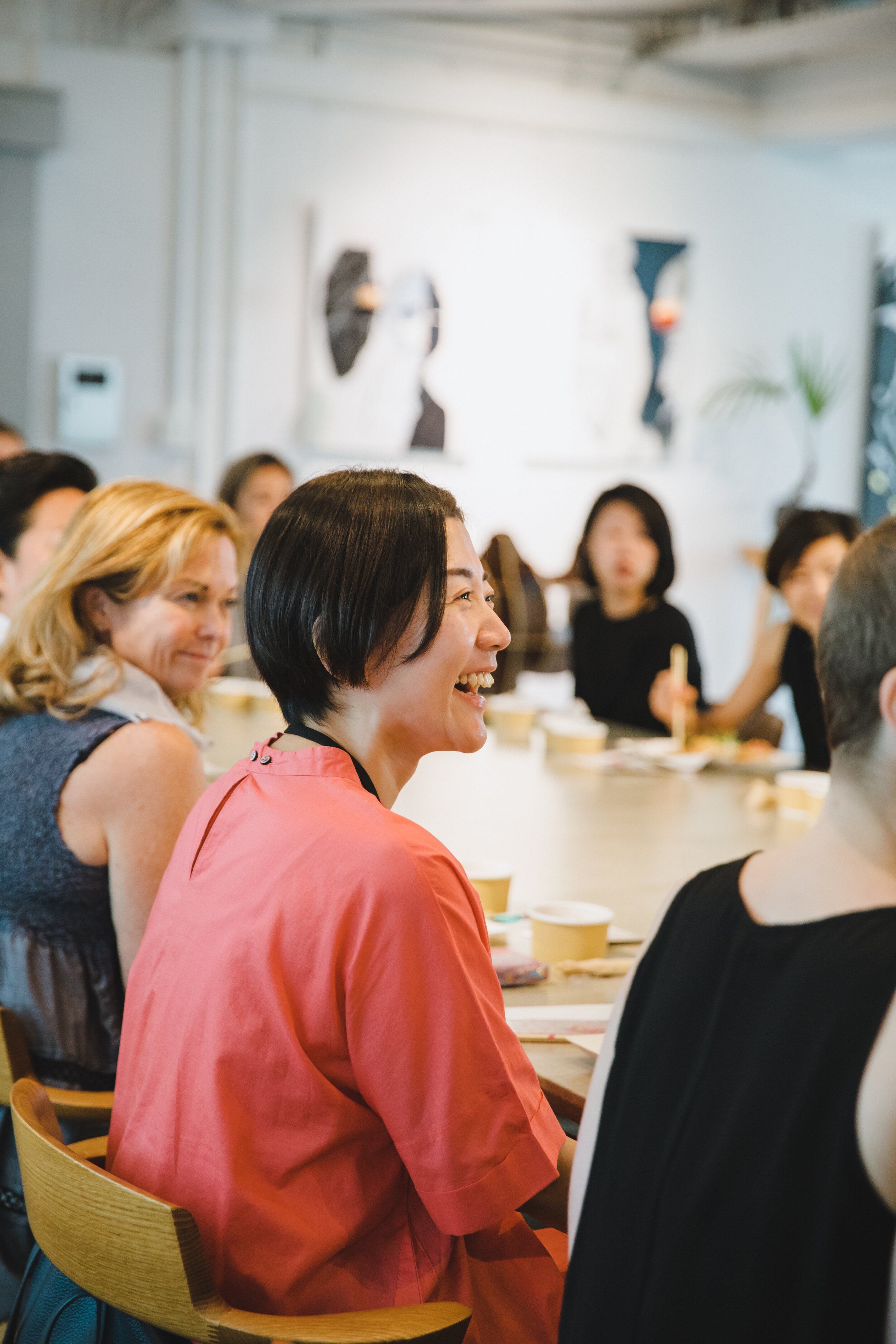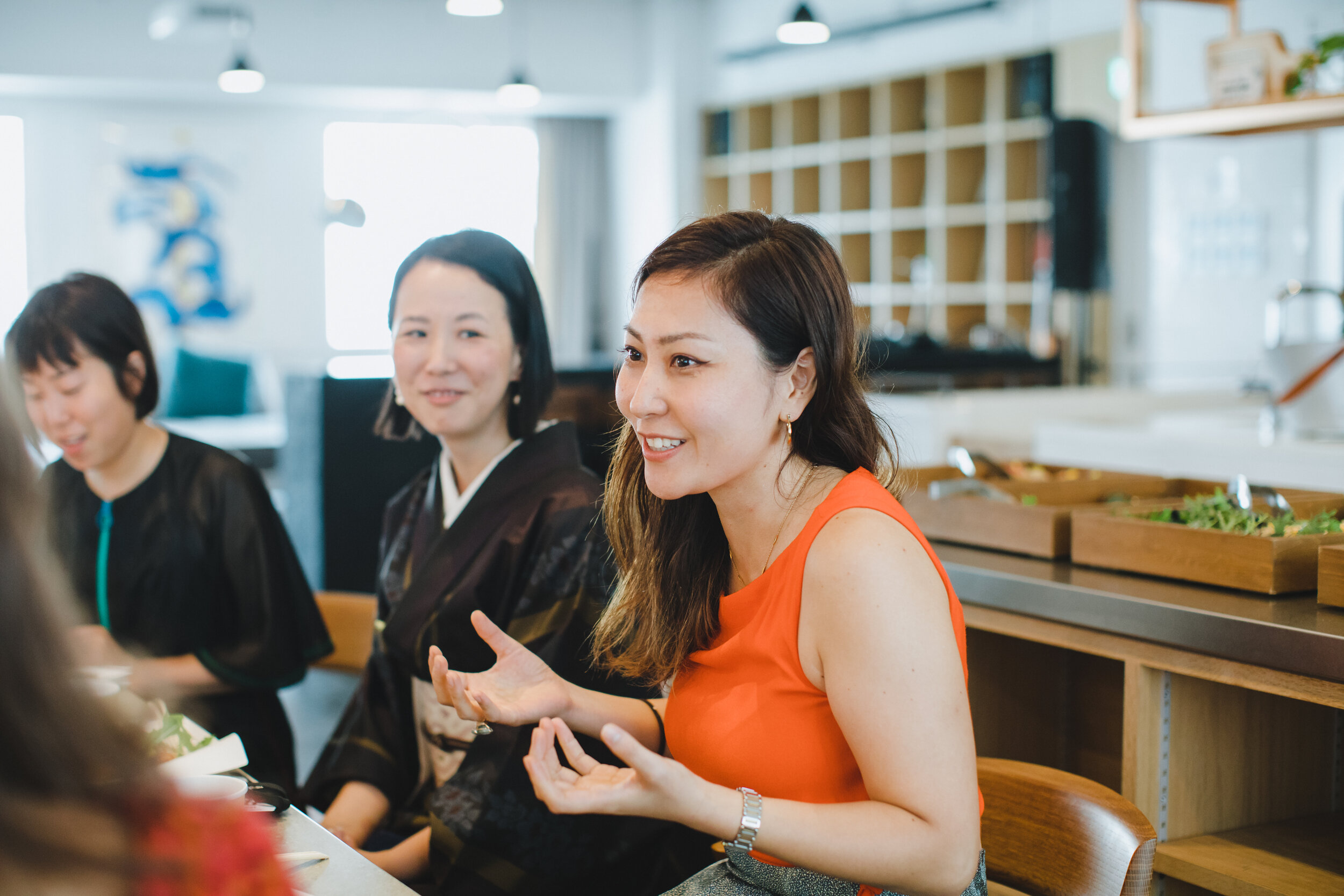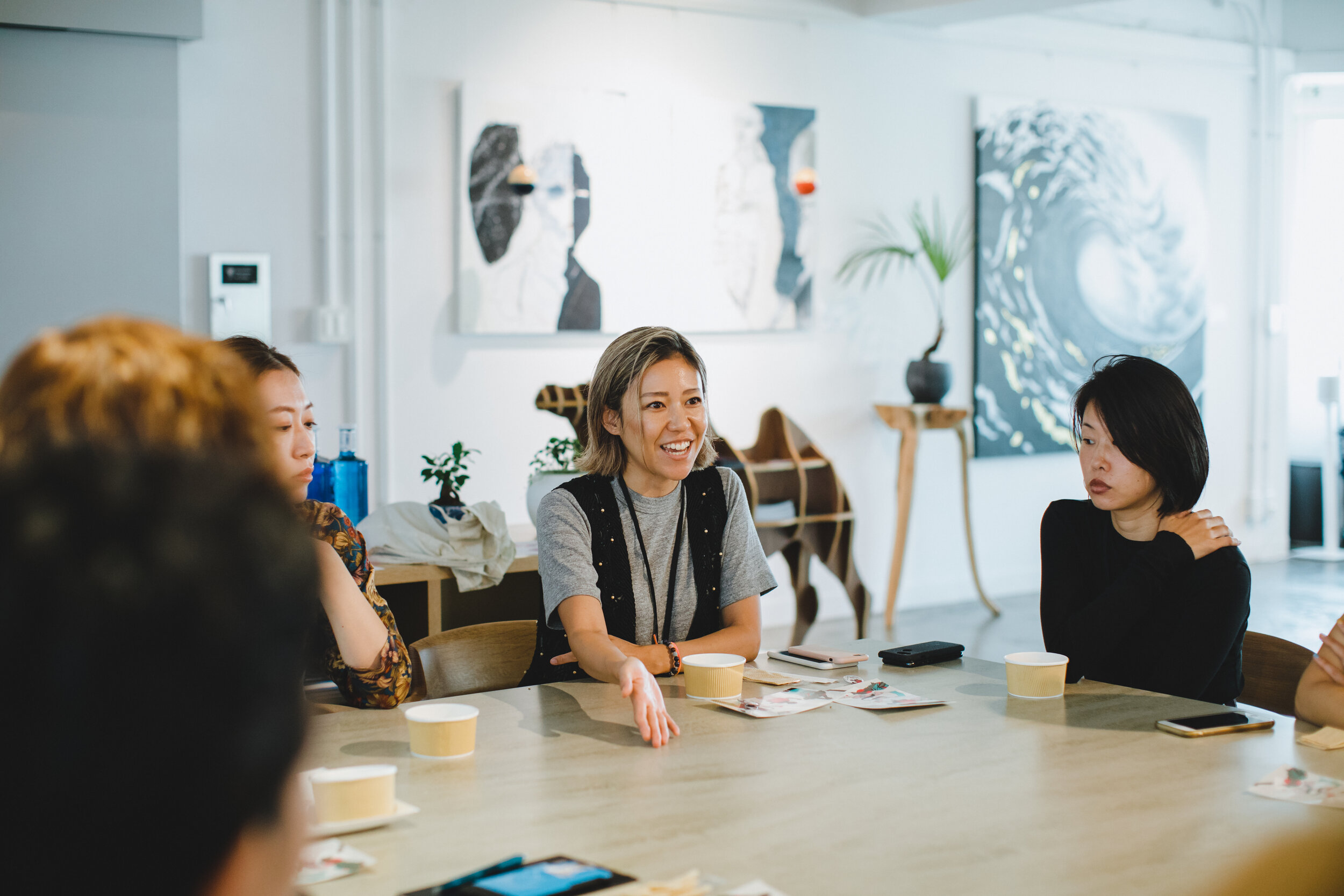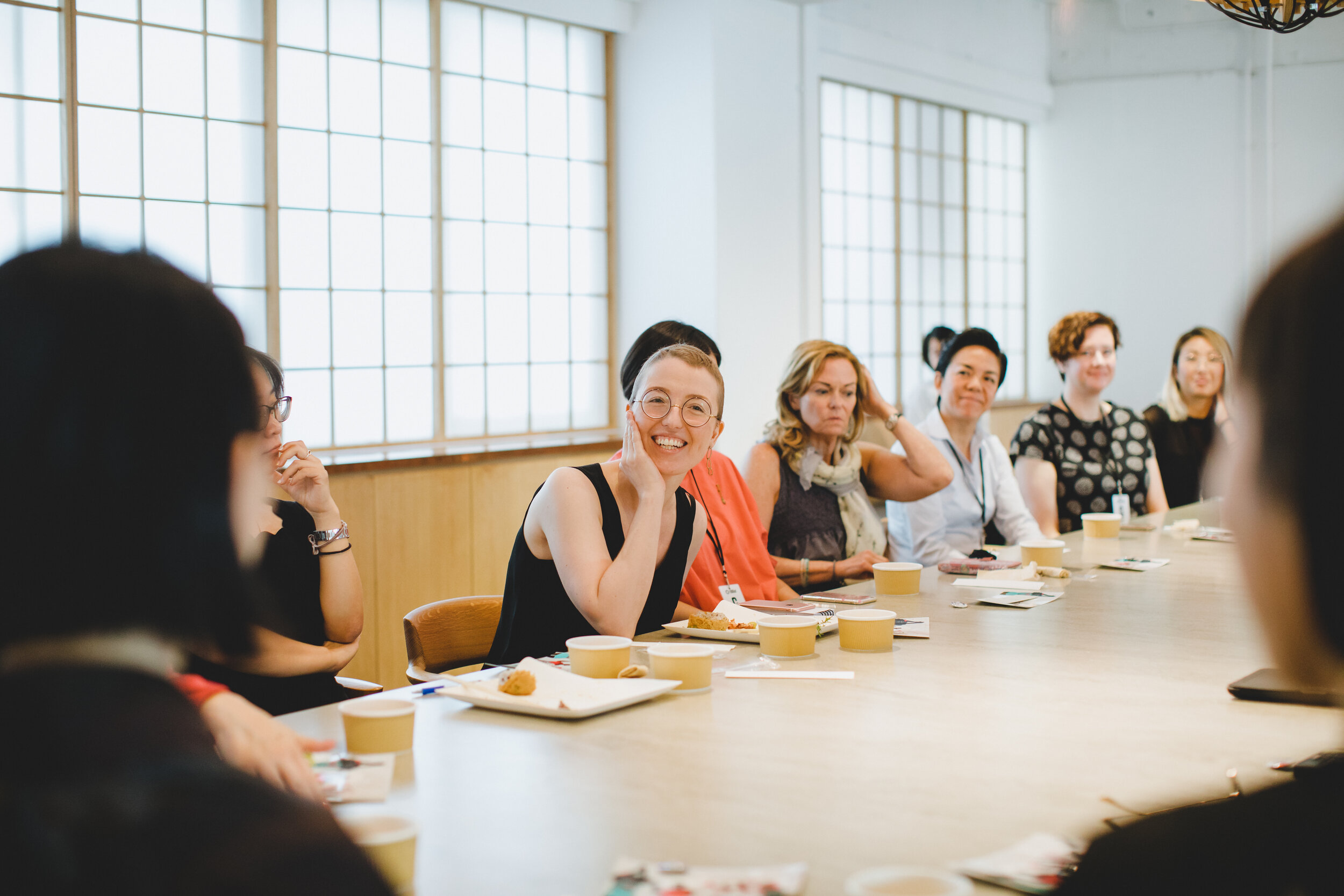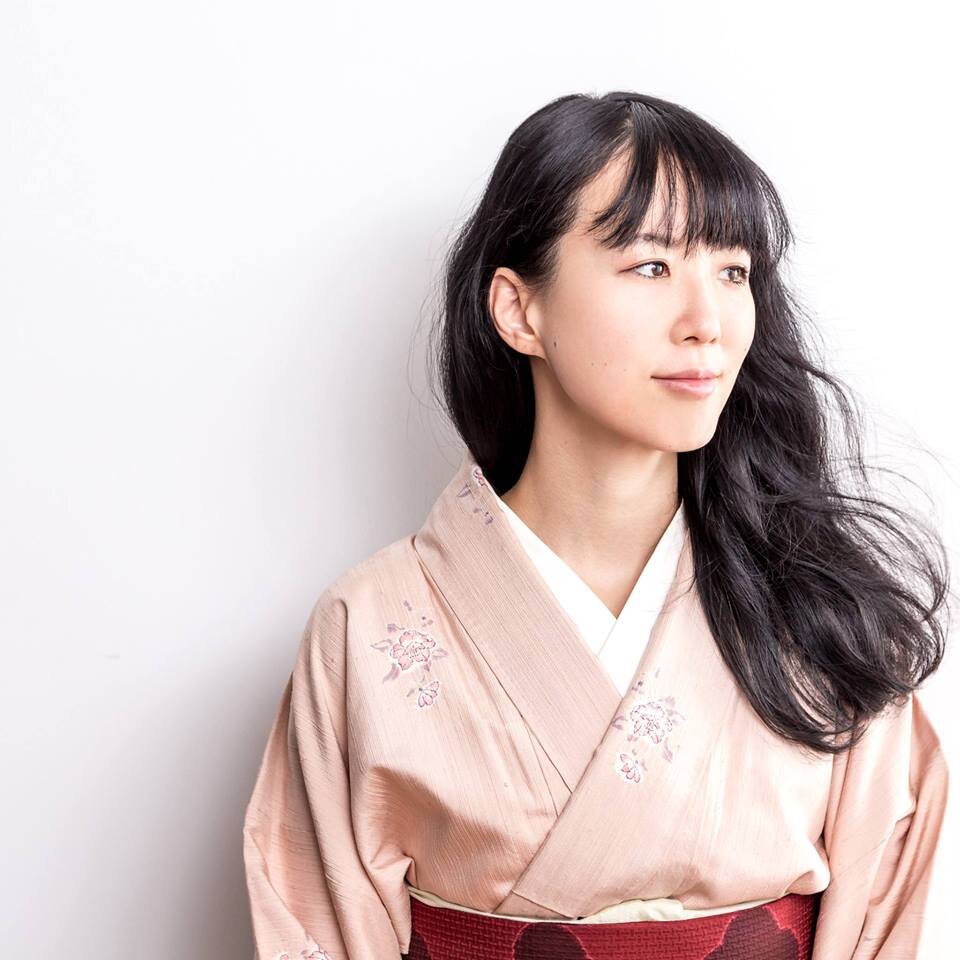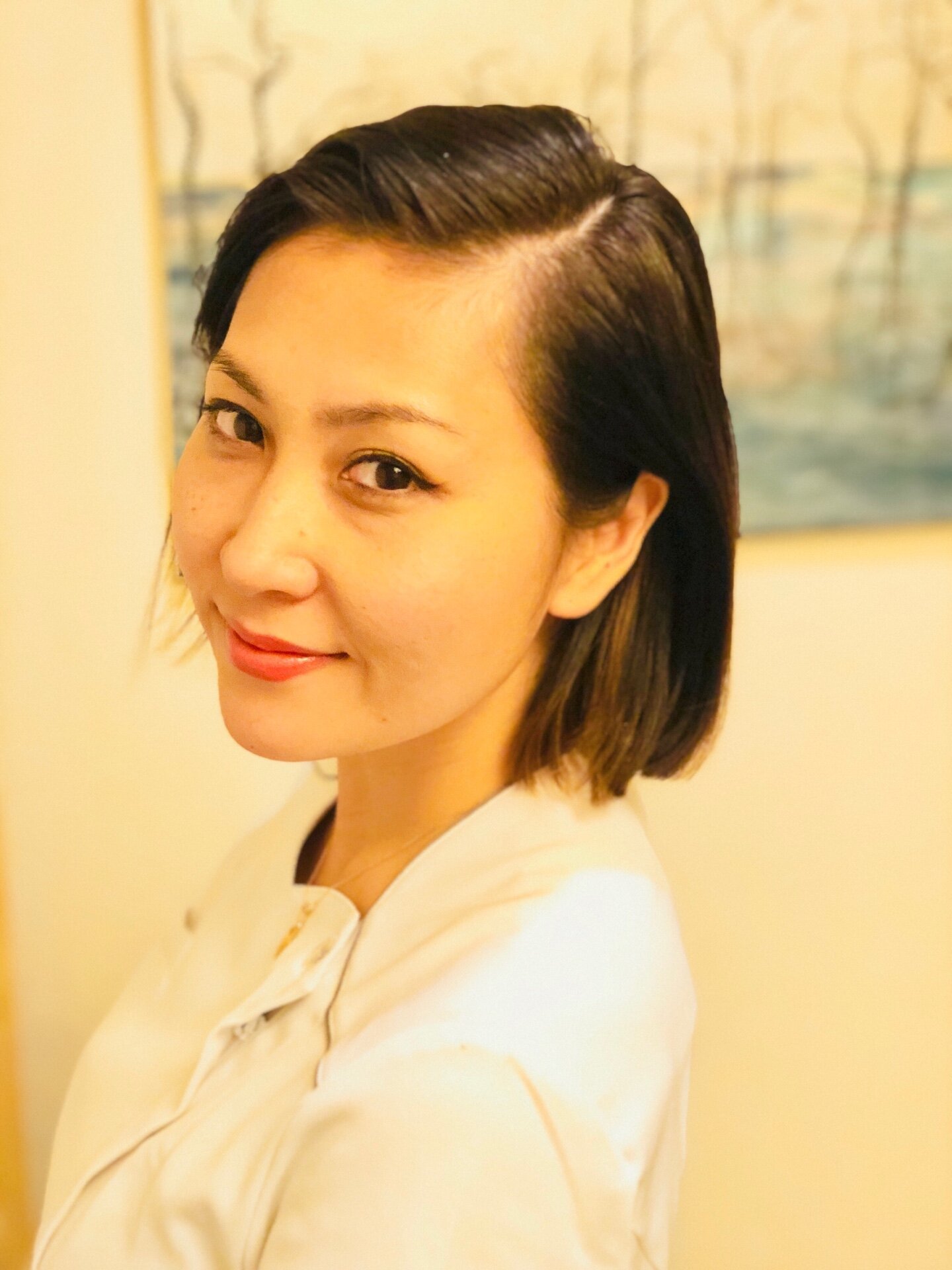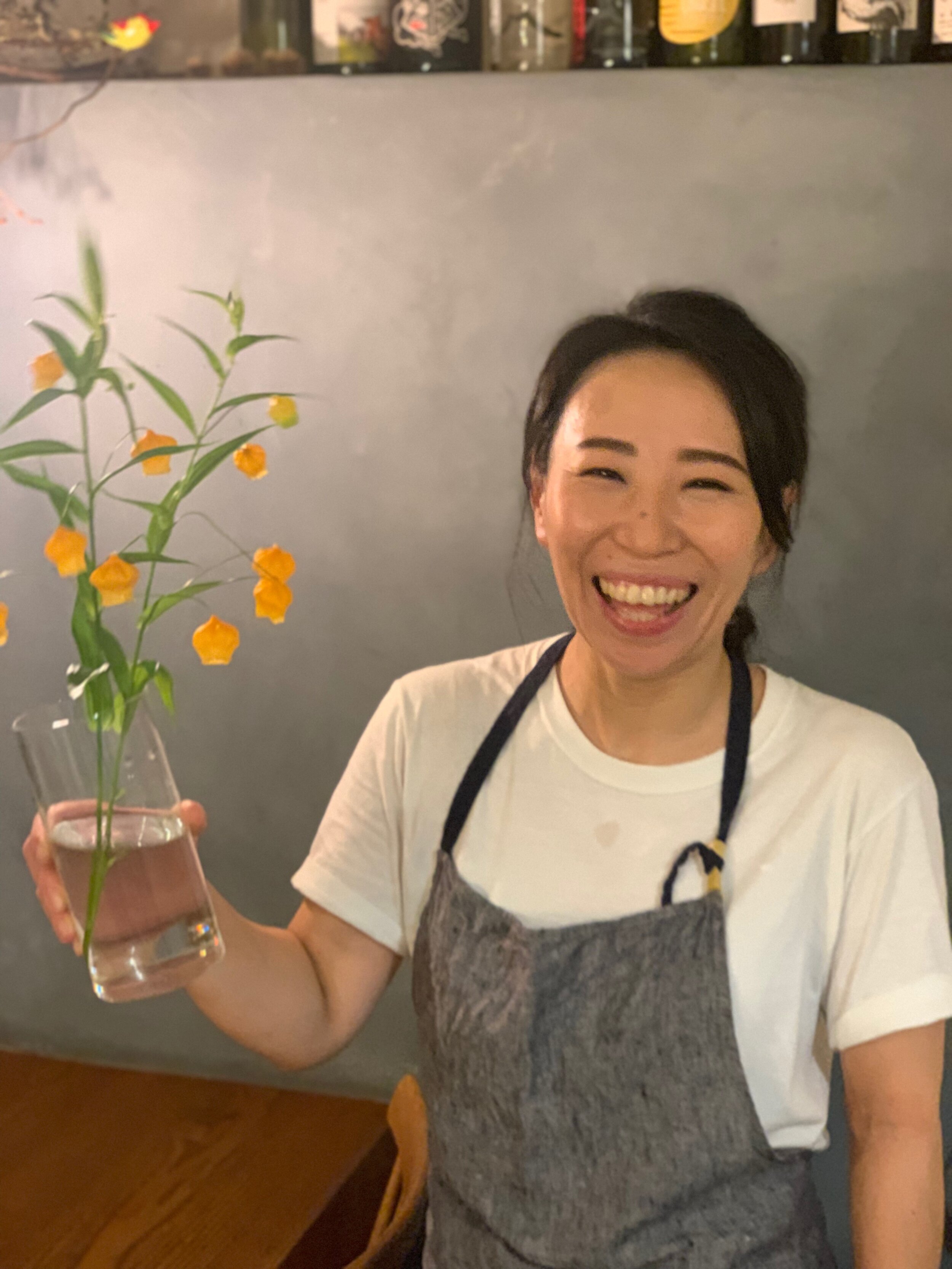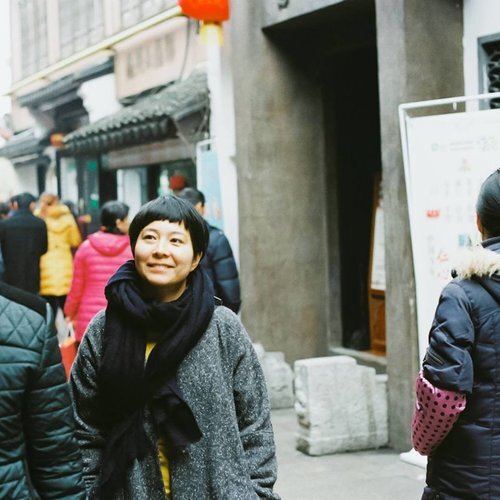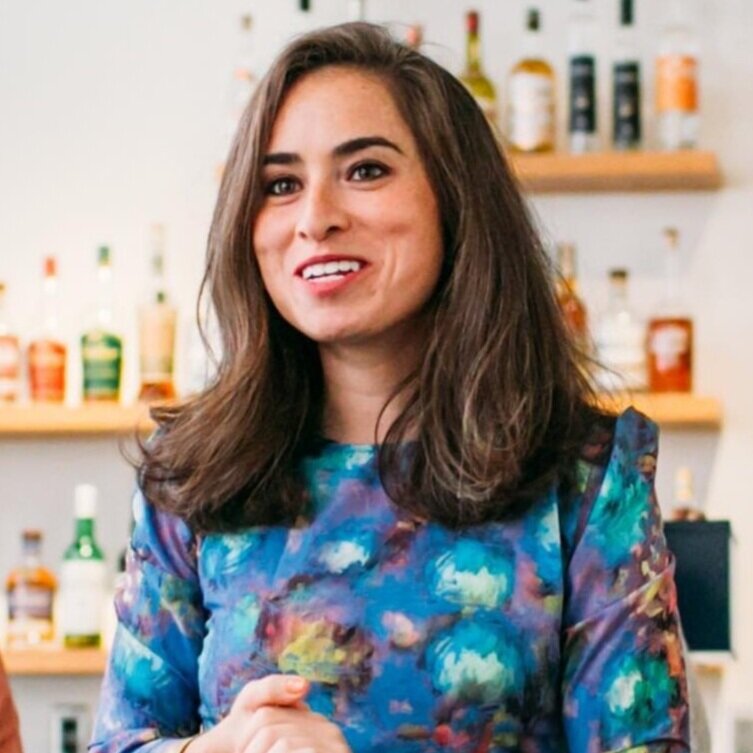In September 2019, we teamed up with Momoko Nakamura, UDO, and EDGEof to host a Tokyo breakfast celebrating the stories of women who are preserving Japanese culture. We invited women across Tokyo to breakfast with Risa, Momoko, Kumi, Juri, and Waki -- a kimono designer, rice conservationist, oriental medicine practitioner, chef, and photographer.
We gathered at EDGEof, an 8-story clubhouse in the heart of Shibuya overlooking the iconic Scramble Crossing, where local and global talent gather, interact, and create in a vibrant open innovation community. Chef Juri of UDO, a local chef who is dedicated to locally-sourced Japanese ingredients, treated us to a delicious breakfast.
Juri served up:
Autumn Salad | 秋のサラダ
Seasonal Side Dishes | 季節の惣菜3種
Grilled Fish | 焼き魚
Miso Soup | お味噌汁
Inari Sushi | いなり寿し2種
Japanese Bancha | 番茶
Women from across Tokyo and from a range of industries - from fashion to journalism to design to public policy to culinary arts - joined us as we learned about our speakers' journeys to preserve local Japanese culture.
Inspired by Juri's commitment to locally sourced Japanese ingredients, we spoke with a panel of women whose work is also preserving local culture.
Learning how Risa uses this 200-year-old Japanese pattern to design fabrics for kimonos.

